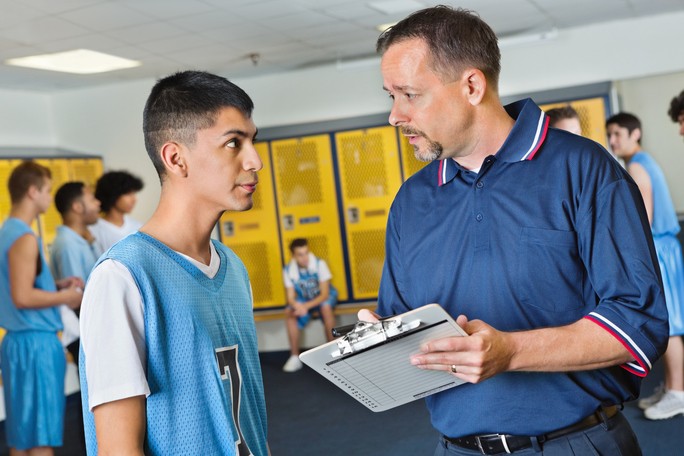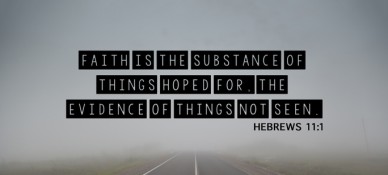Beware the Pedestal: What to Do When Someone Lets You Down
Written by Eddie Foster
In life we encounter many people we look up to in various ways. It is not wrong to admire certain people, but what do we do when they let us down?

Who do you look up to? Most of us have indirect role models—people we will probably never meet but who make an impact on us due to their words or actions. They could be entrepreneurs, athletes, motivational speakers, actors and even politicians. Then there are our direct role models—people we personally know, like parents, teachers, pastors, mentors, etc.
These are the people who often contribute to forming our views, passions and personalities. They can inspire us, encourage us and show us that certain things we dream are possible.
But what happens when these people let us down in a major or minor way?
Then they let us down
It was inevitable, right? All human beings make mistakes. Consider this personal question when it happens: How many times have we let others down, both knowingly and (sometimes) unknowingly? You have let others down, and I have let others down. When we are let down, there’s a typical process we go through:
- We look up at our mental statue of the person on a pedestal and notice cracks that we didn’t see before.
- The level of respect we once had for this person diminishes, either slightly or greatly.
- We go through a half-mourning, half-bewildered period, in which we reflect on ourselves as well as the person who let us down.
- We finally make a choice: What am I going to do, and how will I think about this person now?
The trouble is flesh and blood
Before we come to that inevitable choice, we must consider a very important truth. The Bible has many different ways of saying it, but one big idea is consistent—flesh and blood will never be perfect. We are all human, and therefore we are all dusty bags of flesh and blood. And dusty bags of flesh and blood make mistakes—lots of them. Mistakes, or sins, are universal:
- “For all have sinned and fall short of the glory of God” (Romans 3:23).
- “If we say that we have no sin, we deceive ourselves, and the truth is not in us. If we confess our sins, He is faithful and just to forgive us our sins and to cleanse us from all unrighteousness. If we say that we have not sinned, we make Him a liar, and His word is not in us” (1 John 1:8-10).
- “For there is no one who does not sin” (1 Kings 8:46; 2 Chronicles 6:36).
- “For there is not a just man on earth who does good and does not sin” (Ecclesiastes 7:20).
Everyone has strengths and weaknesses
When we find ourselves in a situation like this, here are two ways we can deal with it:
- Remember the good, not just the bad. We must remember human beings are not two-dimensional. It takes humility to know when we have attributed superhuman characteristics to a person, and that we might be the ones who set up the pedestal in the first place. We should try to view people as positively as possible, but never elevate someone so high that discovering they are human upends our world.
- Keep the relationship alive, if possible. We should try to salvage and move on with the relationship whenever we can. (Of course, we should avoid enabling and overlooking behaviors that will negatively impact our life if we stick around.) We would surely want others to keep relationships with us alive if we were the crumbling statue.
Don’t forget the real role model
Jesus Christ, the sinless Lamb of God who gave His life for our human weaknesses (John 3:16-17), will never let any of us down. He is the One who deserves to be on a pedestal. Everybody else will have weaknesses. Leaders, mentors, teachers, politicians and parents all have weaknesses. It’s the same with you and me. It isn’t an insult, because it’s the truth.
This isn’t to say we should never look up to other human beings who deserve respect and who can teach us things.
Only beware the pedestal.
For insight into how to forgive other people, read “How to Forgive.”










